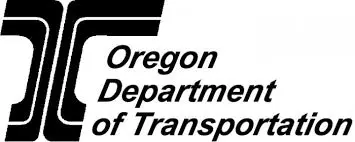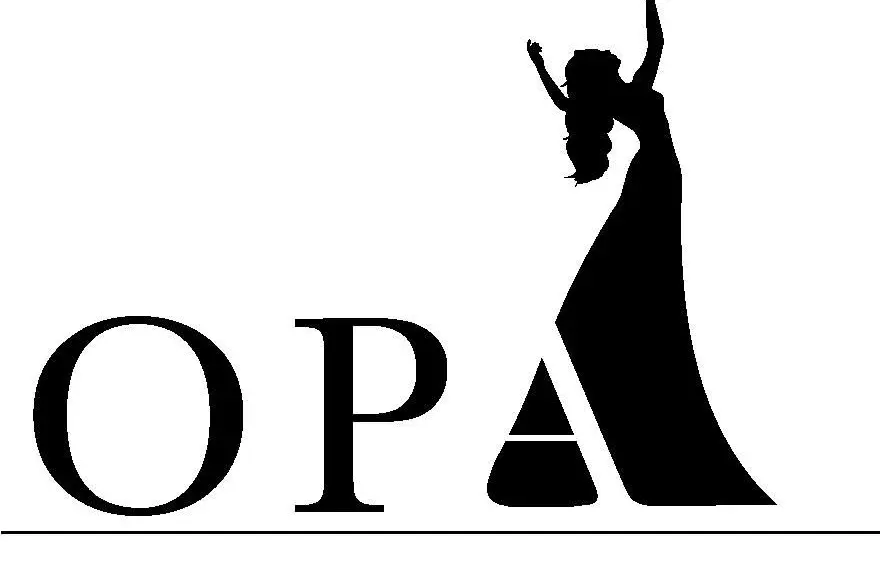The Oregon Building Codes Division (BCD) is warning Oregonians of a phishing scam that is targeting people who are awaiting approval for a project from their local building or planning department.
In this scam, someone claiming to be from the local building or planning department emails a person to get them to wire money. The scammers are using information about the person and the project to claim their application has been approved. The next steps in the scam are for the person to reply to the email to request payment advice and wire transfer instructions, pay the invoice using the wire transfer instructions, and then email a copy of the wire transfer receipt to the designated address. The scammers also state “all correspondence must be conducted by email to ensure transparency and accurate record-keeping for auditing purposes.”
“Your local building or planning department will not request that you send money to them via wire transfer,” said Alana Cox, administrator of the Building Codes Division, part of the Oregon Department of Consumer and Business Services.
The Building Codes Division recommends that people check to make sure the correspondence is from the correct person and jurisdiction.
“Local building and planning departments are based in either your city or county. If someone claims to be from those departments, go to the official city or county website and find the contact information there,” Cox said. “Then, you can call or email them to check if what you received is legitimate.”
The Building Codes Division has a list of local building departments at https://oregon.gov/bcd/jurisdictions.
You can follow these tips to avoid a phishing scam:
- Do not send money to anyone you have not met in person, and be cautious about sharing personal or financial information.
- Do not transfer money to unknown people or intermediaries. Use only a licensed money transmitter if a third party needs to be involved.
- Do not give out personal information by phone, email, or online. Government agencies and financial institutions, such as banks and credit unions, will not ask for this information.
- Always be careful opening emails, clicking on links, or downloading files, regardless of the sender.
- Always be suspicious of claims about lottery or sweepstakes winnings that require personal information to receive the reward.
- Always ignore pop-ups requesting account information or offering to increase computer speed or to clean the computer.






